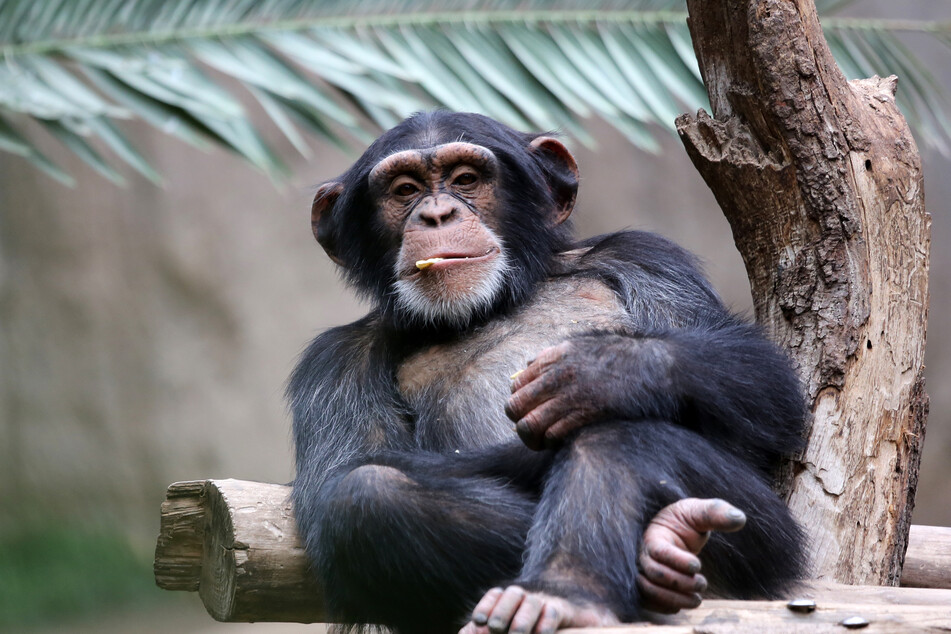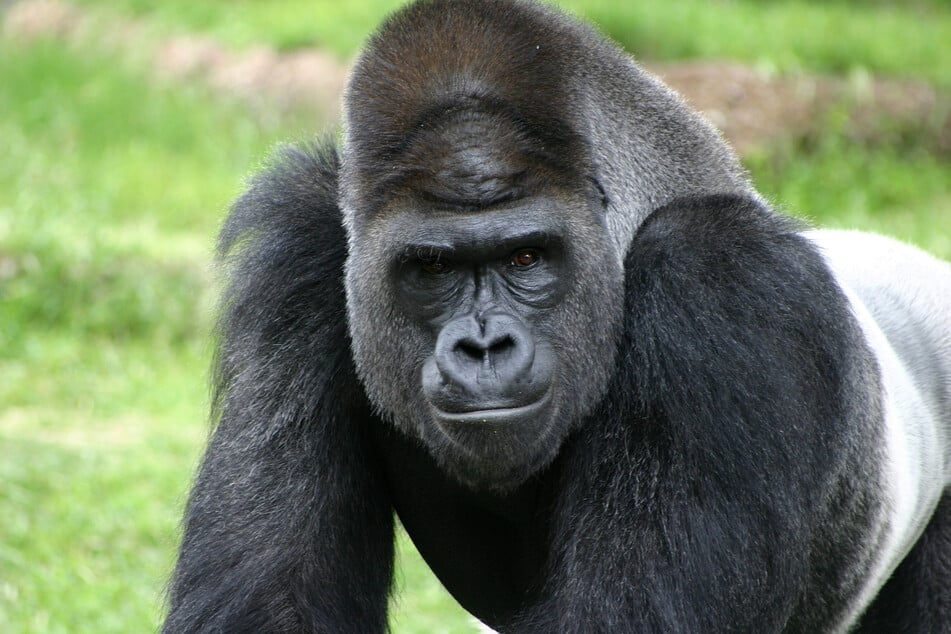Primate behavior changed when zoos closed for pandemic, study shows
UK - Primates spent more time resting and alone, performed more sexual and dominance behaviors, and ate less when zoos and safari parks were closed during the first Covid lockdown, research has suggested.

A new study looked at how the behavior of bonobos, chimpanzees, western lowland gorillas, and olive baboons changed as people started to return to zoos.
As visitors returned, bonobos and gorillas spent less time alone and gorillas spent less time resting, the researchers found.
Chimpanzees ate more and engaged more with their enclosures when the zoo was open.
The researchers also found that olive baboons performed less sexual and dominance behavior when visitors returned.
Further, they approached visitor cars more frequently than they had the ranger's vehicle when the park was closed.
Dr. Samantha Ward, a zoo animal welfare scientist in Nottingham Trent University's School of Animal, Rural and Environmental Sciences, said: "Primates are some of the most cognitively advanced species in zoos and their interactions with visitors are complex."
"A limitation to understanding how visitors can affect behavior of animals in zoos and parks is that they rarely close to the public for prolonged periods, so this provided us with a unique opportunity."
Interactions between humans and primates considered crucial to animal welfare

The interactions between humans and animals, and the impacts of the presence of zoo visitors, are considered crucial in relation to animal welfare, experts suggest.
Research has shown that different species, and even individual animals, respond differently to different humans.
According to the scientists, while it can be difficult to accurately state whether experiences were positive, negative, or neutral for individual animals, the chimpanzees and baboons appeared to be specifically stimulated by the return of visitors.
Similarly, bonobos and gorillas spending less solitary time could be seen as positive.
But the reduction in resting behavior in more sedentary gorillas could also suggest they were disrupted by visitors, the researchers say.
Gorillas altered the use of their enclosure, which suggested they were able to modify their behavior to reduce potential overstimulation and manage their own experiences effectively, the research suggests.
According to the findings, while baboons may have been stimulated by visitors and the presence of cars, there was a threshold after which this did not increase.
The study also reports that their increased sexual behavior during closure may have been because they did not have the stimulation of the presence of moving vehicles.
Dr. Ellen Williams, a zoo animal welfare researcher at Harper Adams University, said: "Our study showed the varied ways in which visitors can influence the behavior of primates in captivity."
"Behavioral changes and changes in enclosure use in the presence of visitors highlights the adaptability of zoo species to their environments." Provision of environments which enable animals to actively adapt in this manner is really important for their welfare."
Behavioral data for the study, published in the journal Animals, was collected between April 2020 and September 2020 and November 2020 to January 2021, and spanned multiple open and closure periods during the coronavirus pandemic.
Bonobos, chimpanzees, and gorillas were observed at Twycross Zoo, Leicestershire, while baboons were monitored by keeping staff at Knowsley Safari, Merseyside.
Cover photo: 123rf/marclschauer

